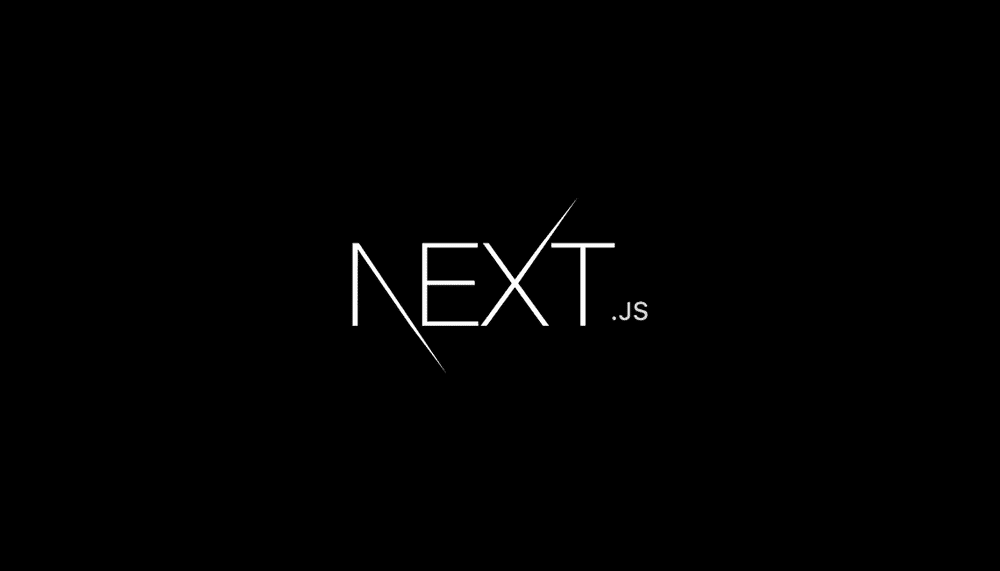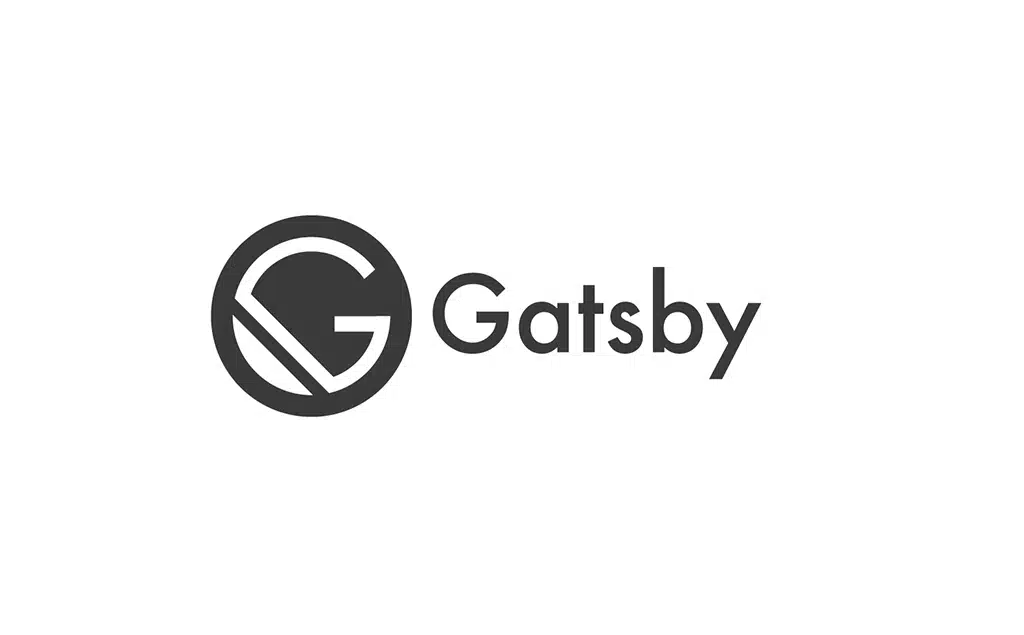You need to make a Static site for your upcoming project, but you don’t know which Static site Generator to choose. Not to fear, however; we’ve compiled a list of the top static site generators that can make sure your project gets the top Responsive Static Sites possible.
There are several benefits to developing a Static site. For starters, static websites are easier to create, load quicker, and need less time and money to keep up. In addition, Static site generators are a lifesaver when you need to make a website for reference purposes, a website for exhibiting your stuff, portfolios, documentation, an instructional, or anything else along these lines.
Contents
1. Astro Build
Websites built using Astro’s Static Site generator are compact and user-friendly, with an emphasis on the content rather than the code. It works well for a wide variety of websites, including those devoted to advertising, journalism, documentation, blogging, portfolios, and even e-commerce in certain cases.
These days, server-side rendering is preferred over client-side rendering. This new regulation applies equally to all the popular server-side frameworks, including PHP, Laravel, WordPress, etc.
On the other hand, the static site generator is so simple to use that you may skip learning any additional server-side languages.
2. Next.js
Next.js has quickly become one of the most talked-about and promising new tools for building websites. It’s a combination of a Static Site generator (which generates HTML and other static content) and the React framework (which provides the underlying infrastructure for creating and deploying web apps) that may help you build a website or web app quickly.
Next.js provides the greatest developer interface by including the most requested functionalities in a modern web development framework. These features include intelligent bundling, routing pre-fetching, TypeScript compatibility, and hybrid static/server processing.
Pre-rendering is a feature that is automatically supported. Next.js does not rely on JavaScript to be run locally on the client’s device; instead, it produces HTML for every page in preparation. As a consequence, it could lead to enhanced functionality and search engine optimization.
Gatsby
Gatsby is an open-source framework for building static webpages and online applications by using the features of React, GraphQL, and Webpack. The user interface is built using React js, while the site’s data layer is run by GarphQL.
In addition, it utilizes static site creation, postponed static generation, and smart page rendering to ensure that only the most essential elements of your website are loaded. In other words, you’ll get a website that’s lightning-quick and feels very responsive. The extensive plugin ecosystem also makes it possible to add new features.




